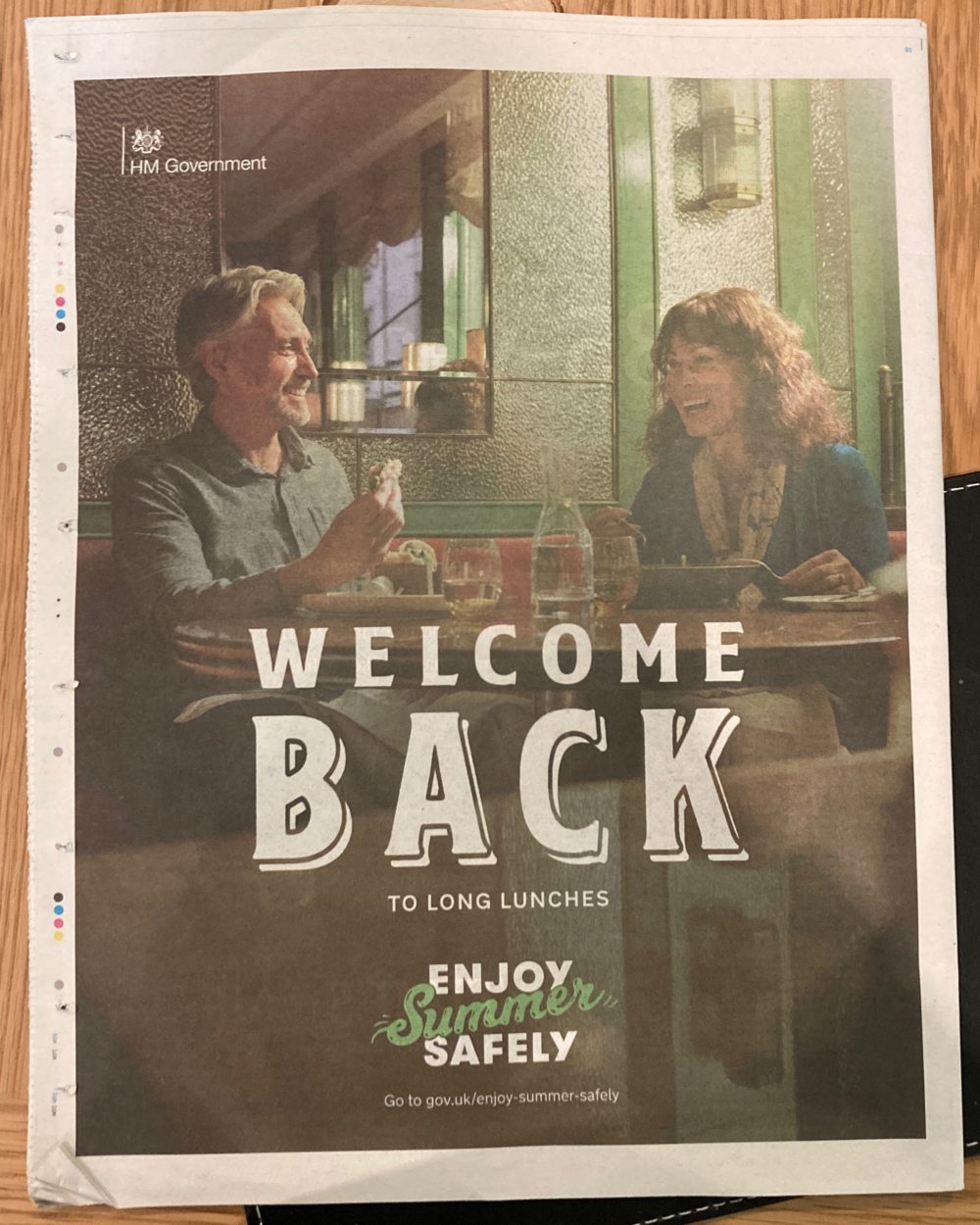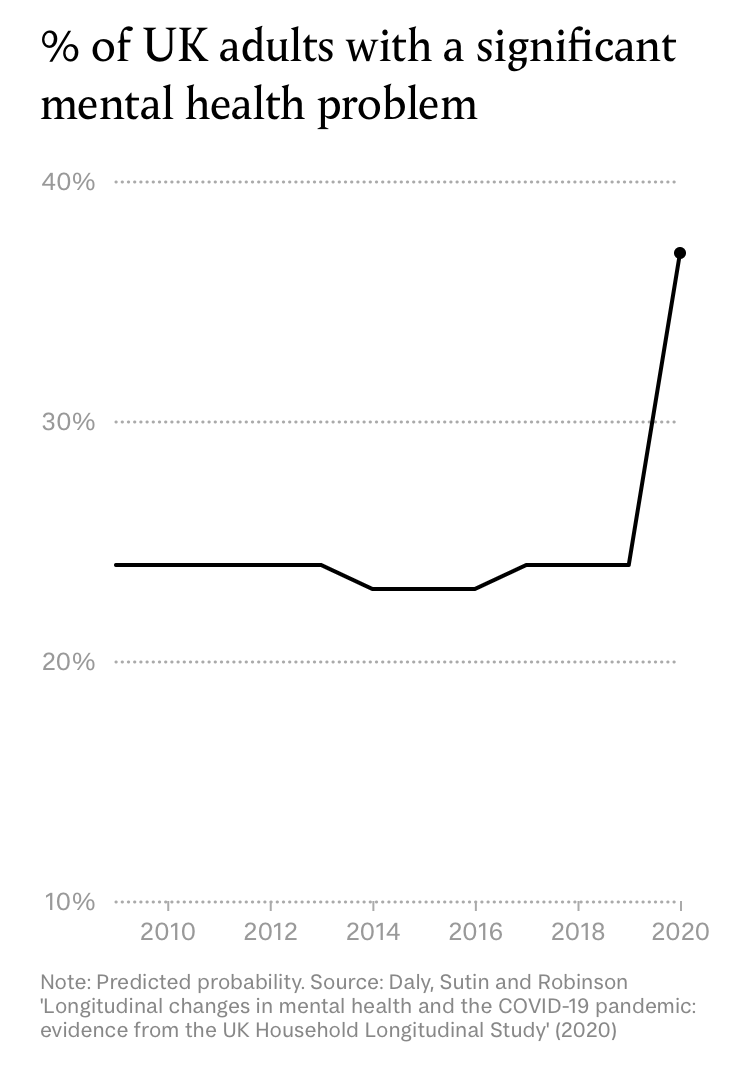Reading and leading

In the Financial Times earlier this week, Professor Margaret Heffernan made a startling claim:
I have yet to meet a chief executive who reads regularly.
She means, essentially, reading for pleasure—not reading reports and so forth as part of their role.
Many skip newspapers, and magazines are a stretch. They don’t have time, they say. It’s inefficient; they can get the information they need from those around them.
As well as citing lots of evidence around the benefits of reading, Heffernan observes that reading broadly provides perspective.
Fiction invites you to loiter unseen in the lives of others. We are living through a golden age of translation too, so you can go anywhere in time or place.
The idea that modern complexity is new is swiftly put to rest by the rich brew of voices, perspectives and disciplines that see human history through a spinning kaleidoscope.
Heffernan’s article made me reflect on several things.
Firstly, I disagree a little with her evangelism. I derive considerable benefit from reading, but a large part of that is because I enjoy it. Reading isn’t for everyone. There are other ways of seeking diverse voices and transporting our minds elsewhere.
That said, reading is an enjoyable and effective way to reach those goals. Many people who don’t think they enjoy reading just haven’t yet found their groove, often because they pick up the books they feel they ‘ought to’ read rather than ones they ‘want to’ read. The specifics of what people read are less important than the benefits that come from being swept up and transported to an entirely different view of the world.
Secondly, I’m surprised that so few chief executives read. There’s a surprising overlap between literature and medicine, and it’s common to hear casual book recommendations from senior people in their fields. I’m surprised that this doesn’t extend to the world of business.
Expertise in both medicine and business requires good pattern recognition. Books allow us to live through many more experiences than could be packed into a lifetime and to distil the patterns and lessons from them. I’m surprised to hear that this isn’t recognised in business.
Thirdly, my surprise is tempered by the reflection that the revelation feels true.
In one of the places I’ve worked, a corporate line seemed to catch on about it being a ‘huge organisation’. This wasn’t true: it was smaller than most in its field. I challenged this with executives so often that I ended up with a text file saved on my desktop full of numerically accurate comparisons I could quote whenever necessary.
I’ve worked for organisations whose senior leaders claimed them to be ‘world-beating’, and I’ve wondered which world they lived in.
Wendy and I have come to admire the journalist Sophy Ridge for her pluck, often remarking to political and business interviewees, ‘Come on, you don’t honestly believe that, do you?’
On reflection, all these are about the same thing: a lack of broad perspective. If all executives ever engage in is their tiny sliver of the world, then of course they will believe the unbelievable and of course they will misunderstand their organisation’s place in the world.
Reflecting on what I’ve seen about the lack of perspective many executives possess, I should have intuited that few of them read. Perhaps we ought to hope that things might change.
This post was filed under: Things I've learned, Financial Times, Margaret Heffernan.







